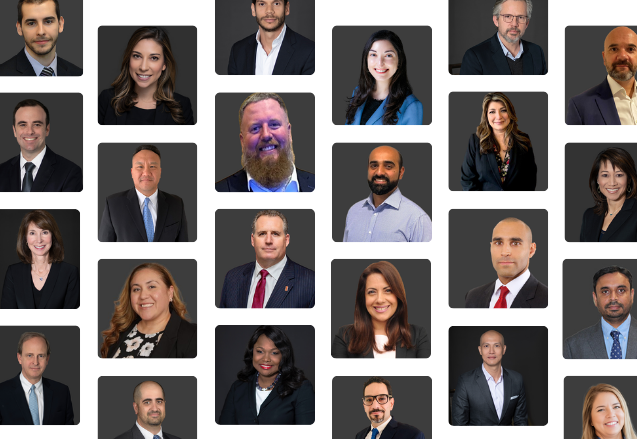This site uses cookies to provide you with a more responsive and personalized service. By using this site you agree to our use of cookies. You can learn more about our use of cookies and similar technologies and your choices by reviewing our Privacy Policy. By clicking “I agree” you agree to our use of cookies and similar technologies.
Received a World Bank Audit Letter? Here’s What to Do.
In its recently issued Sanctions Systems Annual Report FY 2020, the World Bank Group (WBG) confirmed its commitment to investigate and sanction corruption and fraud occurring in bank-financed projects, despite the unprecedented challenges of the COVID-19 pandemic. The report, co-authored by the Integrity Vice Presidency (INT), the Office of Suspension and Debarment (OSD), and the Sanctions Board, revealed little coronavirus-related slowdown in the WBG’s enforcement activities. To the contrary, the bank’s in-house investigatory teams initiated roughly the same number of sanctions cases it did in 2019 and recorded an increase in the number of firms and individuals sanctioned this year.
As we previously noted, the WBG’s 2020 lending and investment have also continued apace, if not increased. This past Spring, the WBG announced plans to quickly finance up to $160 billion to help fight the pandemic. This increased financing, combined with WBG’s commitment to integrity, will likely lead to the launch of many new WBG investigations throughout 2021.
For companies receiving WBG financing, this may increase chances of receiving an “audit letter” from the INT. Audit letters (per the terms of WBG bidding, contract and/or loan documents) provide INT with broad scope of review and/or oversight of documents related to the World Bank bidding and/or contract process including making requests for documents and employees involved in the World Bank procurement process available to be interviewed. In the same way as an SEC Well’s Notice signals focused regulatory interest, an audit letter may be the first signal for a company about an INT investigation.
While every companies’ situation is unique there are some standard guidelines that we generally recommend should be followed:
- Ensure that an appropriate document retention policy is in place and take particular care to retain any documents and communications that relate to bids or dealings with third-party agents/government officials/subcontractors/subconsultants.
- Be prepared to explain your compliance procedures and defend why they are adequate under the WBG’s Integrity Compliance Guidelines. This should, at a minimum, include appropriate training sessions for staff, a written compliance policy and designated person to be either a compliance officer or maintain the role as a significant part of their position.
- Review the documents related to the bidding process, e.g. tender, RFP, and/or the signed contract to identify which version of procurement and/or consultant guidelines applies. The applicable version of procurement and/or consultant guidelines will provide what sanctionable practices, e.g. corrupt practice, applies and how these sanctionable practices are defined.
- Under the WBG sanctions systems and/or procedures for companies being investigated by INT, companies may face potential sanctions. Companies may consider two options for resolving any investigations leading to potential sanctions, i. litigating the cases under the WBG sanction system (two tier system, i.e. Office of Suspension of Debarment and Sanctions Board) and/or ii. negotiated resolution agreement (settlement).
- Be wary of engaging in any substantive discussions with WBG investigators/auditors and/or providing documents per an audit letter. INT’s mandate is to investigate allegations of sanctionable practices, e.g. corrupt, fraud and/or collusive practices and thus, potentially an investigation may lead to sanctions, including debarment.
In summary, we would recommend consulting outside counsel and an independent consulting expert specializing in World Bank matters if a company receives an audit letter since the potential consequences may be an unwanted investigation and/or unwanted sanction.

Christopher R. Kim
Senior Managing Director
Christopher Kim is a senior managing director at Guidepost Solutions, and previously served as a senior investigator at the World Bank Group, where he planned, managed and directed multi-disciplinary teams in the audits of multinational corporations alleged to have been involved in fraud, corrupt and/or collusive practices. Mr. Kim also coordinated numerous World Bank sanction complaints and/or cases with the other multi-lateral development banks and UN agencies. He also managed a high profile investigation involving a World Bank staff member and parallel criminal investigations with several European criminal authorities.


